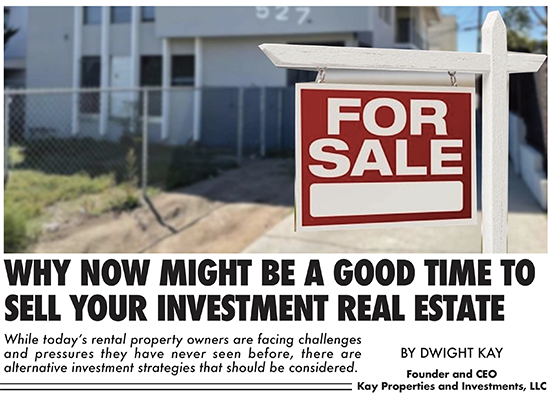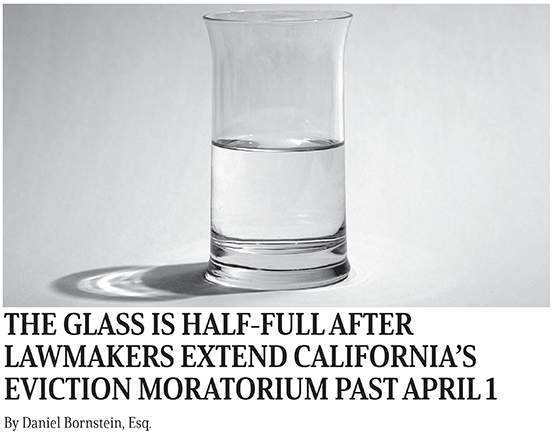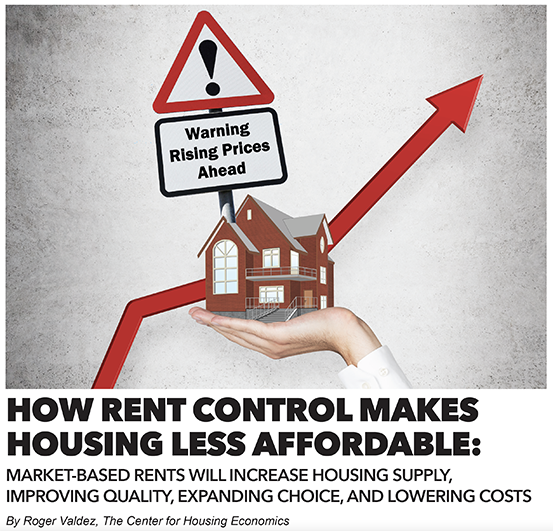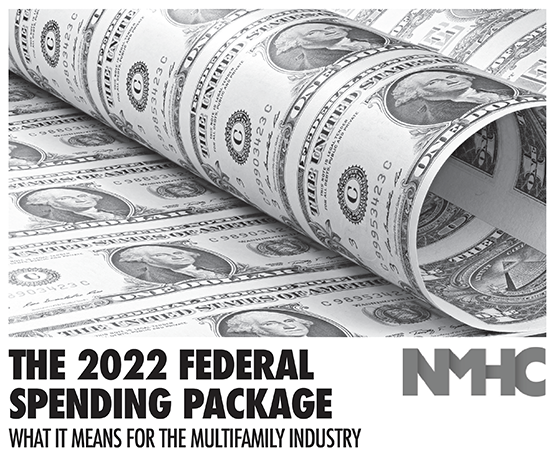Why Now Might Be a Good Time to Sell Your Investment Real Estate

While today’s rental property owners are facing challenges and pressures they have never seen before, there are alternative investment strategies that should be considered.
By Dwight Kay, Founder and CEO of Kay Properties & Investments
Historically speaking, independent real estate investors, who held for the long-term, walked a relatively straightforward (although bumpy and slow at times) path toward achieving asset appreciation and long-term wealth. This path would often look something like this: an investor would purchase a piece of property that would potentially generate enough cash flow to cover the expenses, including principal and interest on the mortgage, insurance, property taxes, and maintenance costs. Over time, the property would (hopefully) increase in value, income (rents) would rise, and certain tax advantages like the ability to deduct operating and depreciation expenses could be utilized to improve cash flow.










